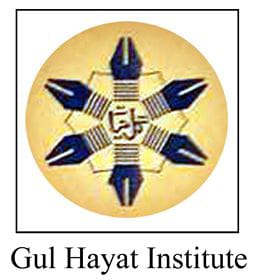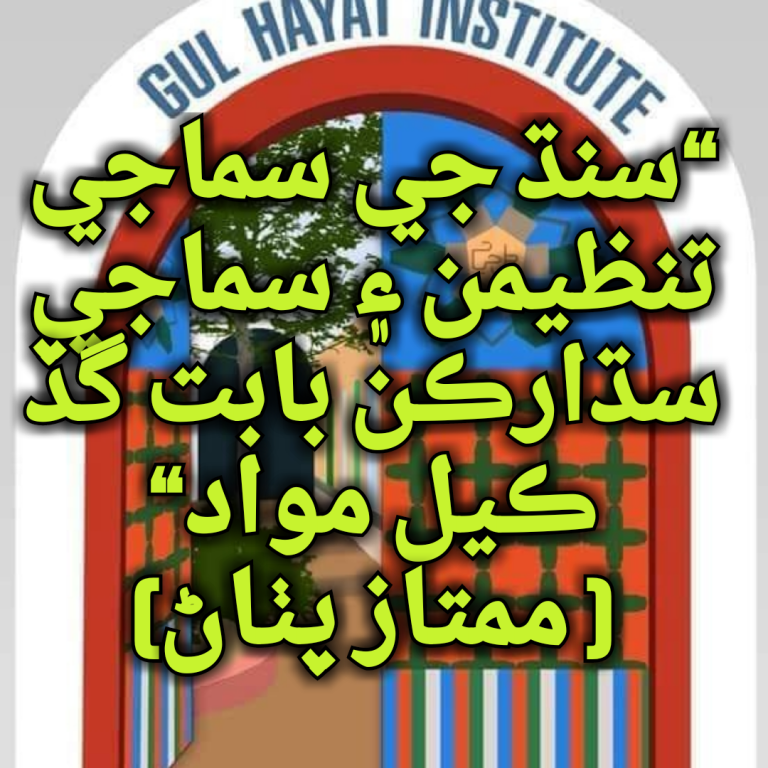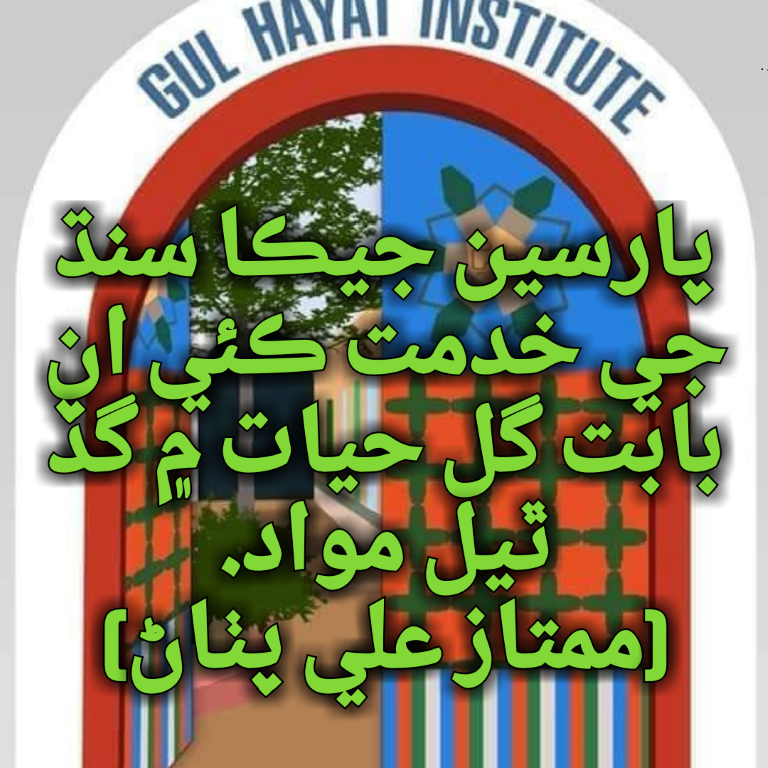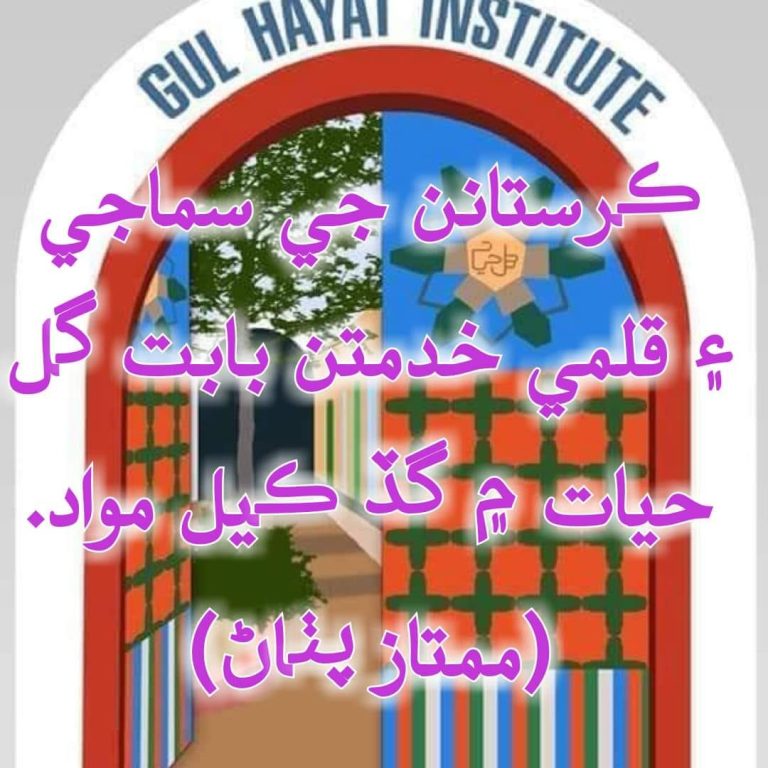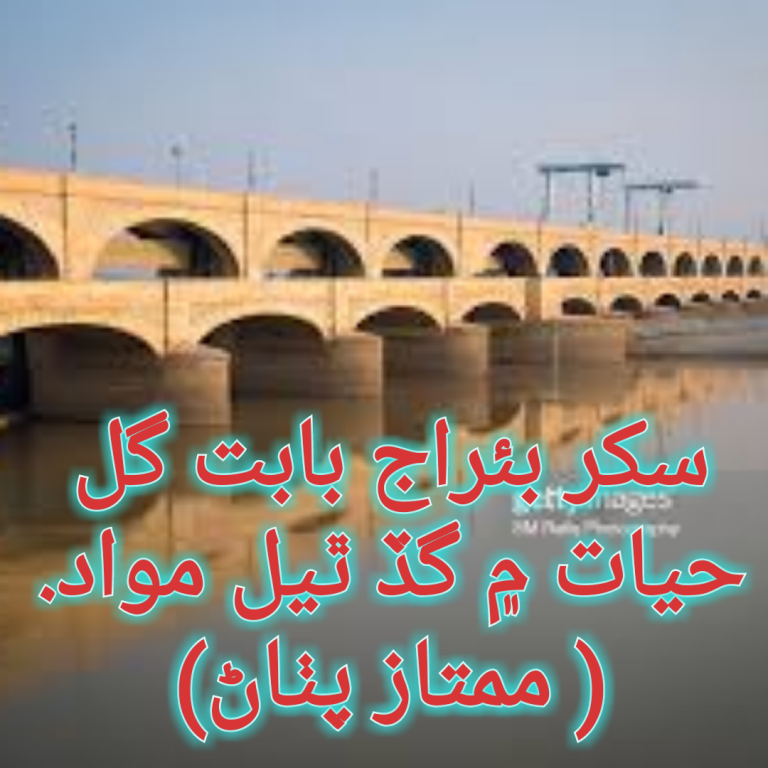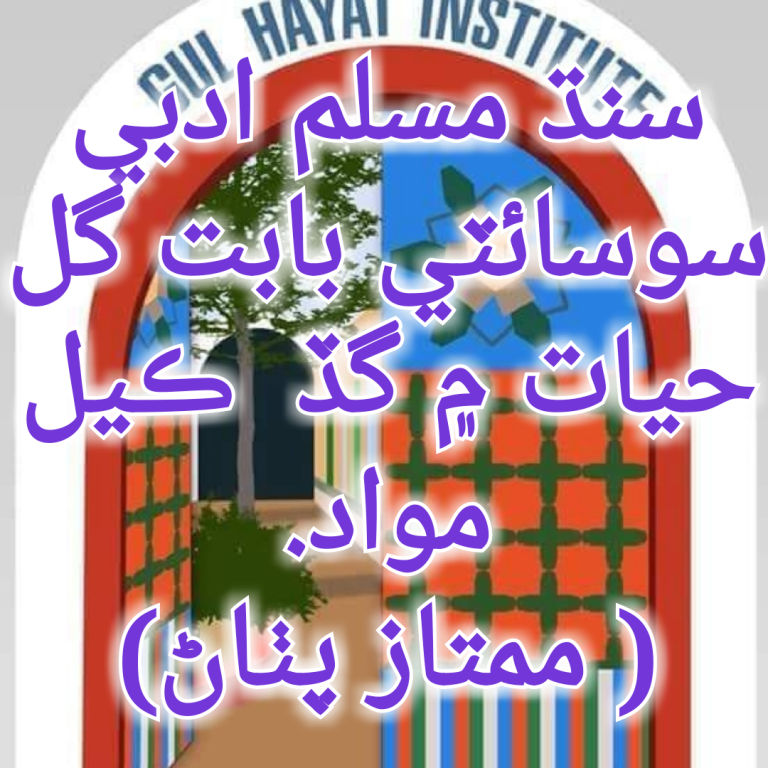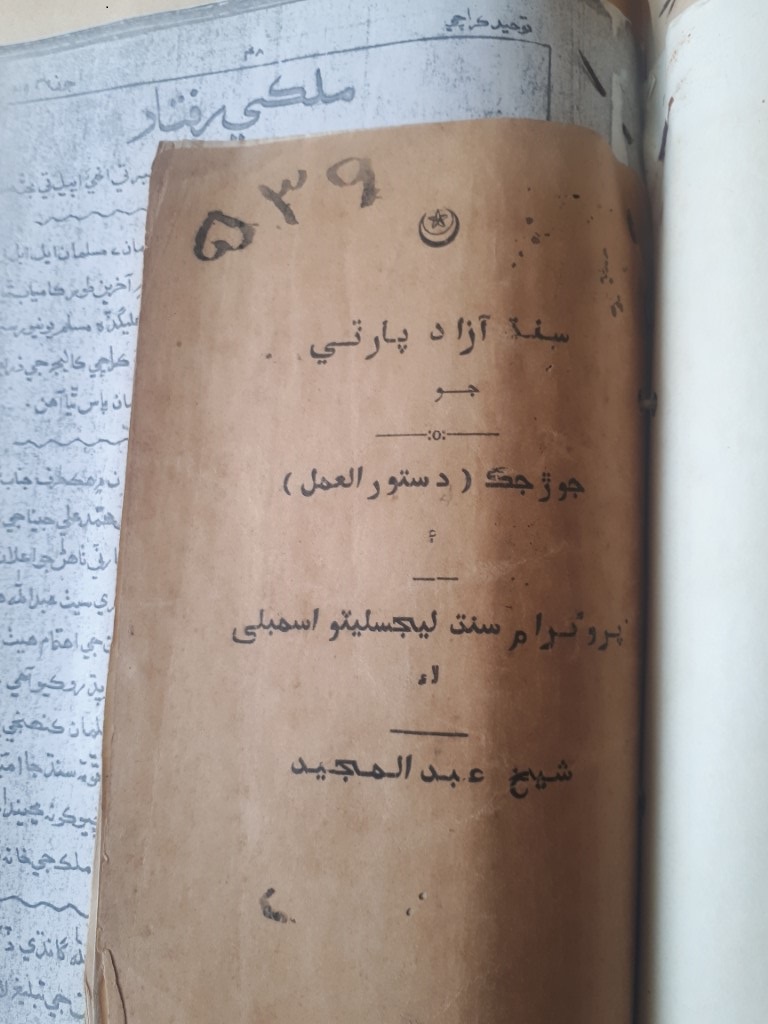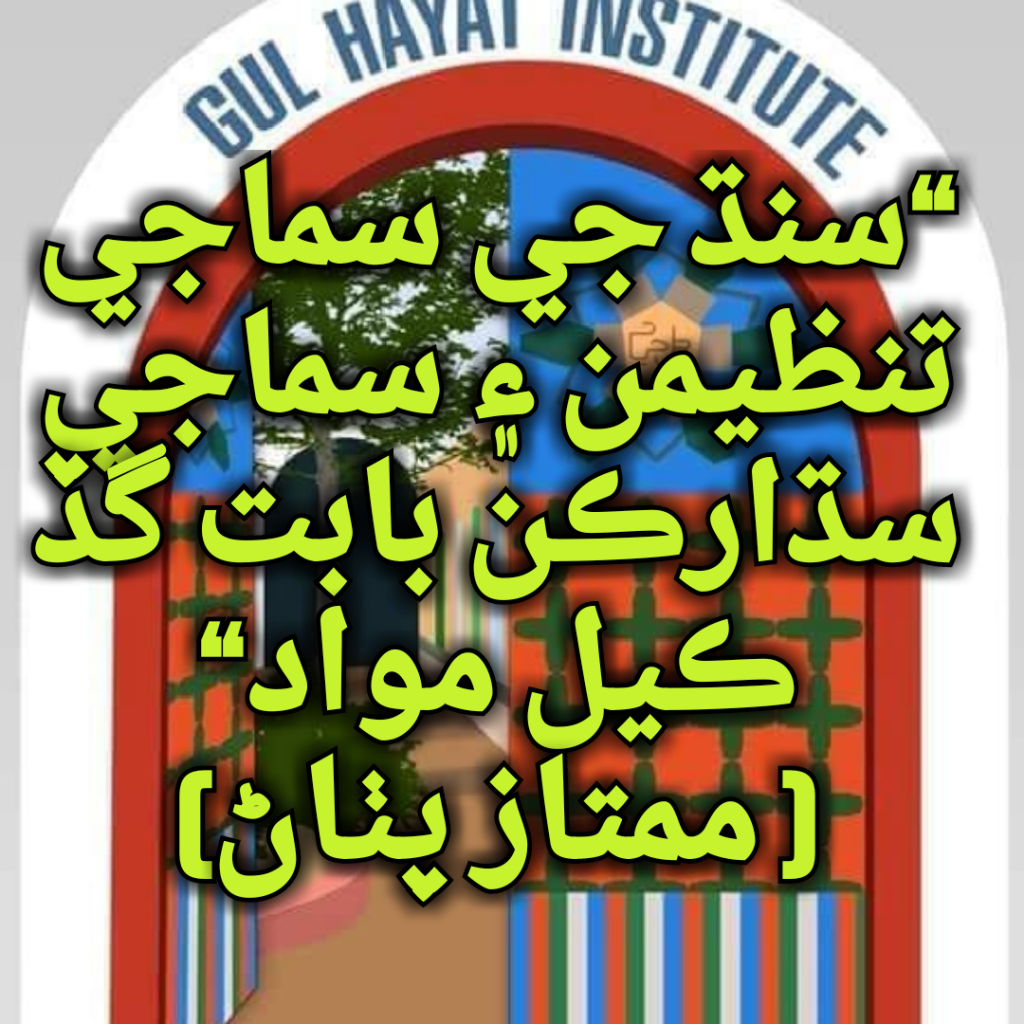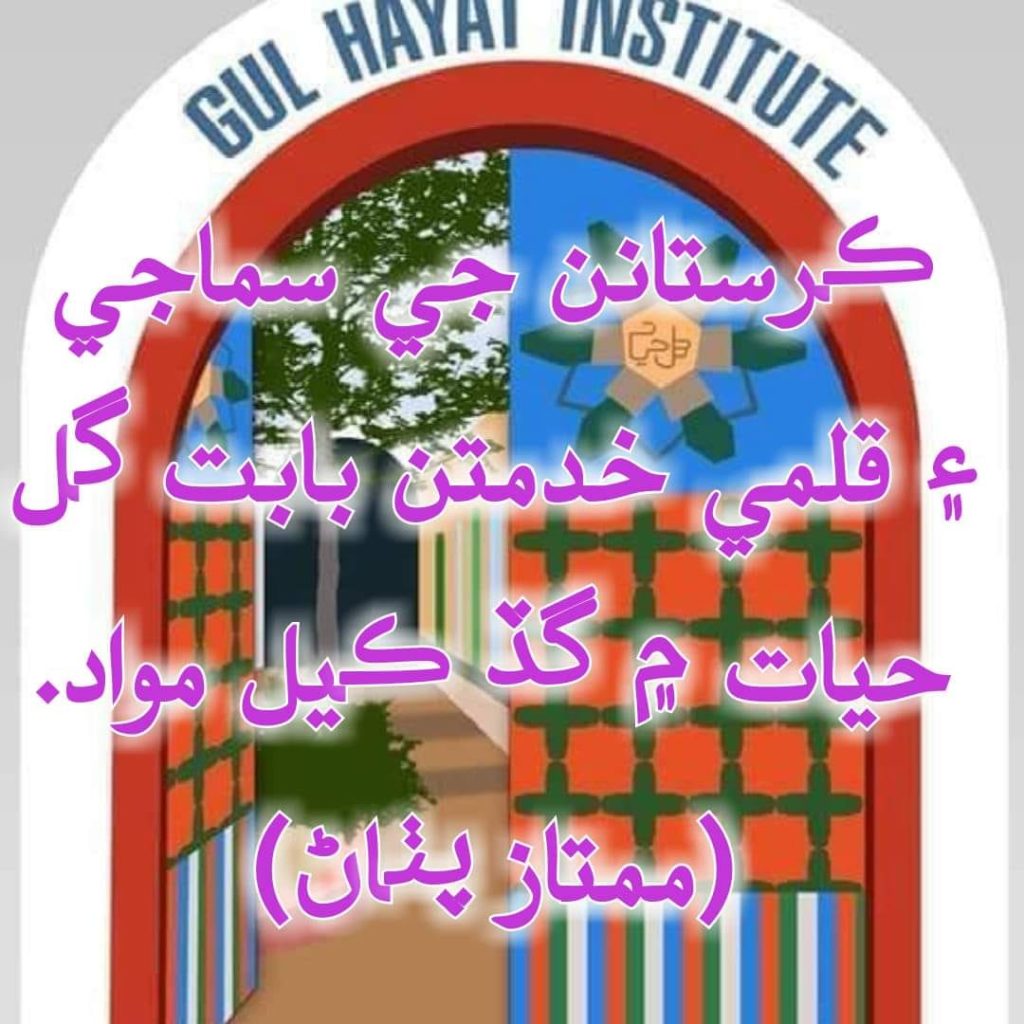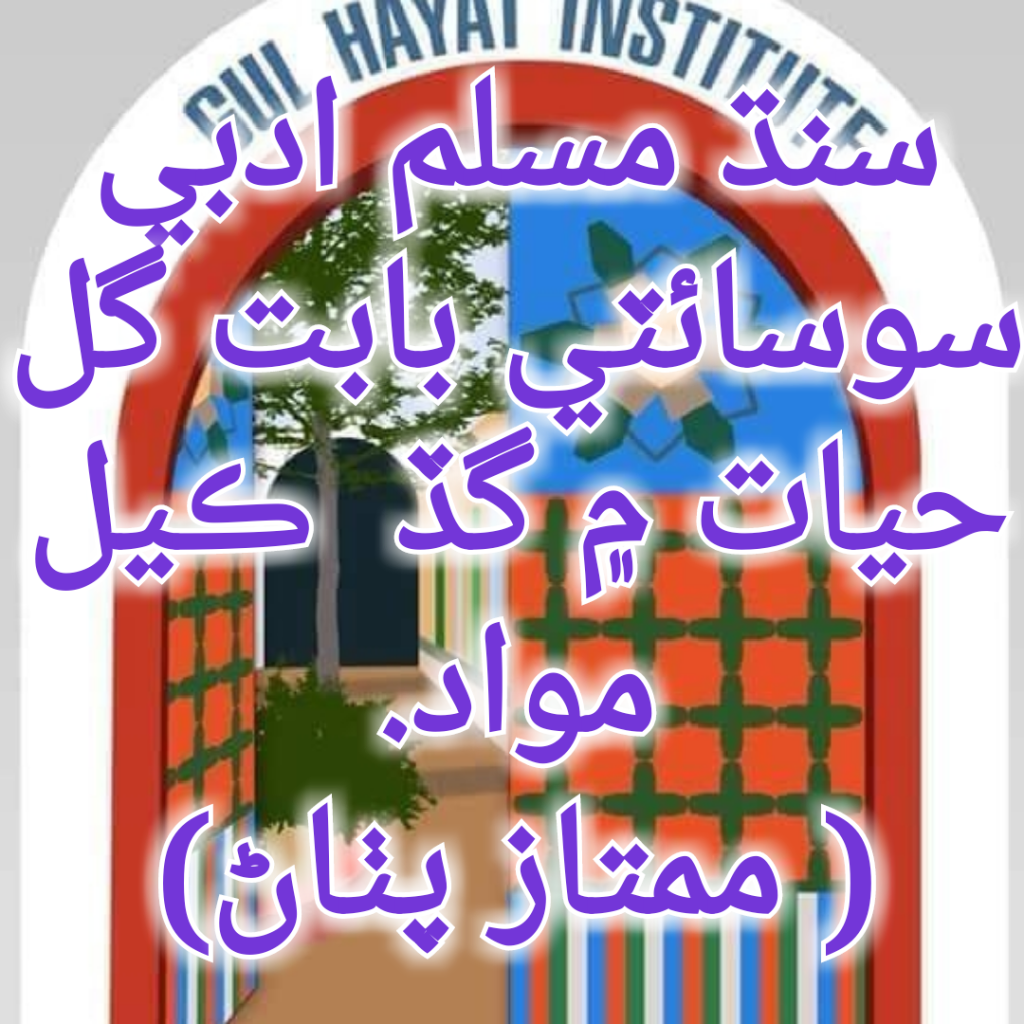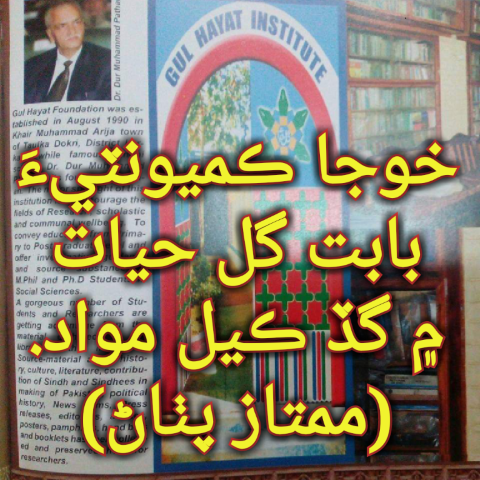JUNE BIRTH DATES
1st June
G.N.Nagrani (Shikarpur/Writer/1903),Hakim Veromal Arya (Burira/Freedom Fighter/1906),Sufi Datar Bux (Saint/1915),Qurban Bugti (Larkano/Writer/1936),Mevaram ‘Dard’ (Larkano > Nasik/Poet/1943), Shewaram Ahuja (Social worker/1945),Jaidev Tanwani (Larkano > Ulhasnagar/Artist/Actor/1951), Jaswant Kumar (UlhasnagarJethalal Chghra (Writer/1952), Ramesh Soomai (Ulhasnagar/Actor/1952), Kanyalal Parswani (Ahmadabad/Actor//Acto/1952),Shais Soomro (Dadu/Writer & Secretary Genral Sindhi Adabi Sangat/1954),Lokchand Wadhwani (Naryad/Actor/1954), Roshan Kalhoro (Razi Kalhoro/Poet/1955),Shyam Ahuja (Ulhasnagar/Actor/1956), Vasho Changani (Mombai/Actor/1956),Kamal Chandnani (Mombai/Actress/1957), Mushtaq Mahboob (Writer/1959),Illahi Bux ‘Makhmoor’ (Poet/1959),Asghar ‘Azad’ Mangi (Poet/1961),Suresh Muhammad Ali (Poet/1961), Gulshan Leghari (Nabi sar Road/Journalist & potess/1965),Ali Muhammad ‘Udasi’Thahim (Peroz Khan/1968), Ghulam Rasool ‘Amar’ Khuhawar (Poet/1978),Shaikh Irshad (Sulkkur/Poet/1983),
2nd June
Haji Muhammad Shah (Matiari/Saint/1891), Jhamatmal Bhawnani (Hyderabad/Writer/1905),Ghumansingh Dayaram (Nawabshah >Ajmir/Political Activist/1921), Ghulam Khan ‘Gohar’ (Poet/1936),Vasdev Nirmal (Karachi > Mombai/Poet/1936), Muhammad Chhutal (Folklore Poet/1941),Ruki Punjabi (Writer/1944),Gul Muhammad Jakhrani (Sardar Malguzaar Jakhrai /Writer & Politician/1957),Ayub Gad (Larkano/Poet & Artist/1960)
3rd June
‘Sam’ Ambratrai Jaisinghani (Tayab/Poet/1903), Muhammad Usman Diplai (Diplo >Hyderabad/Journalist, Writer & Freedom Fighter/1908), Ismail bin Wasif (Hyderabad/Poet/1931), Rahim Bux Memon (Hyderabad/Educationist/1936),Agha Shahabuddin (Educationist/1939), Shamisuddin ‘Sabir’ (Poet/1952),Kazi Qamar (Naudero/Writer/1954), Din Muhammad ‘Dinal’ (Badah/Poet/1954),Ghulab Gul Abro (Writer/1981).
4th June
Jethalal ‘Naresh’ (Karachi >Mombai/Poet/1936),Mohsan Kakrai (Poet/1937), Mansoor Halai (Poet/1939),Dr.Muhammad Suleman Shaikh (Hala/Founder SGA/1942), Abid Mazhar (Poet/1953), Arif Jhatyal (Allah Bux/Writer/1986).
5th June
Muhammad Akram Pirzado (Sukkur/Sajadahnasheen/1907),Doulatram Kewalram (Kotri > Ajmer/Social Worker/1913), Hari ‘Dilger’ (Larkano > Gujrat/Poet/1916),Ali Nawaz Wafai (Karachi/Journalist/1925),Deel Sharma (Thatt > Ulhasnagar/Singer/1941), Nathanraj Soni (Tando Adam > Jaipur/Singer/1946)Faiz Muhammad Dayo (Nasirabad/Folklore Poet/1954),Gurmukh Motwani (Nagpur/Actor/1955)Abdul Shakoor Nizamani (Karachi/Journalist/1957),Deedar Siyal (johi/Journalist/1965).
6th June
Syed Ali Bin Muhammad Bakhri (Saint/1233), Moulana Jan Muhammad (Tamachani/Religious Scholar/1894),Comrade Ali Muhammad Abbasi (Valid/Social worker/1901),Dr.Ghulam Hussain Jaffri (Rducationist/1905), Manthar Jat (Folklore Poet/1918), Ghulam Hussain Khokhar (Journalist/1932),Ghiyas Junijo (Writer/1940), Talib Choudhri (Poet/1945),Allah Dino Jamali (Journalist/1947),Hidayat Baloch (Ahmadpur/Poet/1948), Koshila Kirplani (Singer/1948),Bashir Ahmad Bhatti (Writer/1950), ‘Fida’ Talpur (Poet/1953),Sarwar ‘Saif’ (Pano Aqil/Poet/1953), Munawar Sultana Qureshi (Writer/1970), Murad Dahri (Doulatpur Safan/Poet/1970),
7th June
Gurdas Wadhwani (Hyderabad/Journalist/1911), Kazi Abdul Wahab ‘Aziz; (Poet/1915), Nooruddin ‘Roshan’ (Poet/1921),Tikam Aftab (Poet/Poet/1938), Gordhan ‘Madhosh’ (Poet/1942), Abdul Hamid Soomro (Writer/1954), Muhammad Aslam Chandio (Writer/1960), Qadir Kandhar (Poet/1974), Ibrahim Malah (Poet/1981)
9th June
Shiam Fatnani (Poet/1919), Bhagwanti Chandnani (Shikarpur > Mombai/Writer/1927), Bhartkumar Dingra (Hyderabad > Mombai/Writer/1945), Khalid Laghari (Writer/1952), Shakel Jan Pathan (Shikarpur/Poet/1979), Sarang Bijarani (Kandhkot/Poet/1990)
10th June
Abu Shoukat Hamzo (Hanbah/Poet & Freedom Fighter/1894), Gohar Sarwari (Poet/1913), Tirath Hengorani (Karachi – Pono/Writer/1920), Kishanchan:’Masroor’ (Jacobabad – Indore/Poet/1920), Ram ‘Masum’ (Poet/1925), Ali Muhand ‘Khaldi’ (Thatto/Poet/1925), Abdul Karim Laghari (Writer/1933), Satram Rohra (Sukkur – Mombai/Singer/1939), Muhanad Haroon ‘Amrat’ (Poet/!948 ), Haroon Channo (Chak/Artist/1948 ),Rasul Bux Dris (Jhimpir/Writer/1953),Ashok Sawlani (Nagpur/Singer/1957), Younis Joyo (Abad/Writer/1963),Sikandar ‘Khumar’ (Poet/1982), Asad Jarwar (Ghotki/Poet/1994)
11th June
BIRTHS: Sufi Qurban (Bozdar Wada/Poet/1919), Abdul Razaq Memon (Gambat/ Political Activist/1923), Kala Raisinghani (Karachi – Mumbai/ Actress/1926), Mian Ghous Muhammad Pirzado (Kotri Kabir/ Writer/ 1935), Jagdesh Lakhyani (Naryad/ Writer/ 1957)and Shahmir Gadahi (Journalist/ 1978 ).
12th June
Shaikh Muhammad Qadir (Khairpur State Minister/1876), Muhammad Tayab Nasrpuri (Writer/1920), Utam Hingorani (Writer/1923), Nari Padam (Naudero > Nagpur/Writer/1938), Kanayo Roopani (Tharo Shah > Ahmadabad/Artist/1942),Balam Brohi (Jacobabad/Journalist/1947), Manthar Manzoorabadi (Poet/1960), Badar Jagirani (Writer/1981)
13th June
BIRTHS:Muhammad Usman Deplai (Deplo/Journalist, Writer & Freedom Fighter/1908), Nisar Bazmi (Mirzapur/Poet/1924), Master Muhammad Ibrahim (Singer/1930),Abdul Qayoom ‘Taraz’ (Shikarpur/Poet/1935),Abdul Hakim ‘Arshad’ (Poet/1939),Kanaya Lal Methwani (Jaipur/Artist/1942), Saleem Memon (Hala/Journalist/1964), Irshad Khoso (Murad Khoso/Writer/1982),
14th June
BIRTHS: Pir Ghulam Hyder Shah Bulrai (Saint & Politician/1895),Akhund Azizullah Memon (Matiari/Religious Scholar & Poet/1746),Allah Rakhio Gorar (Sojhro/Writer/1935), Qazi Umed Ali (Suhrab Zardari /Writer/1935),Qamar Abbasi (Shahdadpur/Writer/1940),Allag Dino ‘Dukhi’Abro (Badah/Poet/1943),Jewatram (Ghotki/Journalist/1948), Manzoor ‘Musafir’ (Poet/1960), Kumar Ghanshyani (Ahmadabad/Artist/1961), Hyder Bux ‘Aziz’ (Poet/1962),Abdul Qadir Soomro (Tando Muhammad Khan/Ex-MPA/1964), Ahsan Zangejo (Mehar/Writer/1974),Shaikh Irshad (Sukkur/Writer/1979),
15th June
Pir Ziauddin Shah Rashdi (Jhando/Religious Scholar/1887),Ghulam Ahmad ‘Nizami’ (Larkano /Karachi/Poet/1895), Hari Dilgir (Larkano > Adipur/Poet/1916),Ghulam Shabir Rizvi (Bukar/Politician/1919), Kanaya Lal ‘Kan’ (Gharibabad > Mombai/Poet/1920), Jamal-u-ddin ‘Jamal’ (Bhagnari/Poet/1929),Jam Karar-u-ddin (Politician/1929),Hassan Ali Shah ‘Niaz’ (Nawabshah/Poet/1930), Hoto Sindhu ‘Piyasi’ (Palyo Laghari/Poet/1933), Holaram Haseja (Qambar > Thano/Writer/1934), Munir Ahmad Channo (Writer/1946),Maryam Majeedi (Miranpur/Poetess/1943),Jamal-u-ddin Langah (Adam Khan/Journalist/1954), Gopal Khemani (Nagpur/Artist/1954), Kishuinchand ‘Premi’ ((Bhata/Poet/1958), Habib Dero (Mehar/Writer/1959),Hafiz Nazir Abbasi (Karira/Poet/1961),Manthar Solangi (Ratodero/Poet/1962),Hashim Wadhela (Writer & Journalist/1968),Abdul Ghafar Malik (Dadu/Social Worker/1983), Habib Laghari (Poet/1989),
16th June
Makhdoom Bilawal (Religios Scholar & Freedom Fighter/1451),Noor Rizvi (Rohri/Poet/1947),Suraya Makhdoom (Darbelo/Writer/1951),Khalid Kamboh (Shahdadkot/Journalist/1970), Shafiq Masan (Karachi/Writer/1975), Habib Laghari (Sanghar/Poet/1989)
17th June
Shaikh Wahid Bux ‘Shahid’ (Butt Sirai/Educationist & Poet/1919), Roop Kumar ‘Ghayal’ (Amirj > Bairagarah/Poet/1930), Fatih Muhammad Chang ‘Rahi’ (Poet//1949),Chandarseen Nawani (Ahmadabad/Artist/1952),Abdul Malik Memon (Shikarpur/Writer/1953), Shanta Ahuja (Baroda/Actress/1960), Ibrar Chandio (Mehar/Writer/1964), Abdul Rauf Nourangzado (Khoorwah/Writer/1966),Shanaz Shoro (Writer/1969),Jawaid Sindhu (Rustam/Writer/1974)
18th June
Habib Samo (Detho/Poet/1933),Mahendar Tekani (Ajmir/Artist-Actor/1948), Verendar Wasvani (Ajmir/Artist-Actor/1950)
19th June
Habib Samo (Detho/Poet/1933),Mahendar Tekani (Ajmir/Artist-Actor/1948), Verendar Wasvani (Ajmir/Artist-Actor/1950)
20th June
Tarachand Shoukiram (Hyderabad/Educationist/1850), Pir Khuddino (Nasrpur/Saint/1875), Pir Ziauddin Rashdi (Sait/1887), Lilaram Rachindani (Tharo Shah -Ahmadabad/Journalist/1934),Channa Shabir Naz (Shikarpur/Dramatist/1936), Jagat Munsharamani (Sukkur – Rajkot/Poet/1940), Moulan Faiz Muhammad Hakro (Ayub Hakro (Religious Scholar/1940), Mir Hazar Khan ‘Mansoor’ (Sachal Sarki/Journalist & Poet/1946),Zafar Talpur(Talpur Wada/Writer/1968 ), ‘Tanha’ Shabir Chandio (Kazi Arif/Writer/1980)
21st June
Dr.Bhagwandas Chandwani (Sukkur > Ajmir/Freedom Fighter/1921), Laiq Sitai (Varyo Solangi/Poet/1932), saif Banvi (Poet & Journalist/1944), Khisan Kumar Bulani (Jaipur/Singer/1951), Benazir Bhutto (Ex-Prime Minister of Pakistan/1952),Asha Sindhu (Writer/1990),
22nd June
Fatihchand Wasvani (Educationst & Writer/1894), G.Allana (Karachi/Freedom Fighter & Poet/1906), Narain Shyam (Naushero Feroz/Poet/1922),Qaim-u-ddin Mangi (Journalist/1924),Nizamuddin Memon (Shikarpur > Larkano/Social worker/1925), Qalab Ali Tiklo (Writer/1926),Kirat Mihrchandani (Writer/1937),Sikandar Sarwan (Writer & Social worker/1957), Sultan Ahmad ‘Sultan’ (Poet/1960), Rauf Paras Dayo (Ghotki/Poet/1964),
23rd June
Kazi Abdul Nabi Shikarpuri (Religious Scholar/1834), Muhammad Bux ‘Hafiz’ (Poet/1938), Laxmi Jevati (Writer/1940), Jairamdas Bajaj (Journalist/1954)
24th June
Moulana Ghulam Mustafa Qasmi (Bhanbho Chandio/Religious Scholar, Freedom Fighter & Promoter of Research/1924),
25th June
’Shaiq’ Bukhari (Poet/1922),Muhammad Talib Bharit (Bharit/Social worker/1939),Ghulam Mustafa Channo (Writer/1968), Muhammad Urus Otho (Mirpur Bathoro/Poet/1971), Hafeez Soomro (Thull/Poet/1986).
26th June
Syed Najiullah Shah Rashdi (Pir Jo Goth/Poet/1893), Charandas Thakurdas (Bhirya > Mombai /Writer/1905),Noor Abbasi (Bhrya/Journalist/1927), Iqbal Sheno (Ibrahim Ji/Poet/1953), Imdad Hyder Solangi (Khan Solangi/Writer/1976),
27th June
Natharmal Chandnani (Bahlani > Ajmir/Social worker/1924), Ahmad Khan ‘Madhosh’ (Poet/1933), Dr.Khan Muhammad Panhwar (Arazi/Social worker, Journalist & Sholar/1949),Amin-u-ddin Jokhio (Konkar/Social Worker/1970)
28th June
Ramchand Lalwani (Ajmir/Painter/1948)
29th June
Major Outram (London/Political Agent of the Government of India for political affairs in Sindh and critic of Charels Napeir’s political strategy in Sindh/1803),K.B.Noor –u- din Nana (1880), santdas santal (Naushero Feroz >Poono/Poet & Freedom Fighter/1902), Mir Ali Murad Khan Sani (Khairpur/1933), Nasim Kharl (Kharl/Short Story writer/1939).
30th June
Dyaram Gidumal (Hyderabad/Philospher, Scholar & Social Reformer/1857), Moulvi Nazir Hussain Jatoi ‘Jalali’ (Shahpur/Religious Scholar, Poet & Freedom Fighter/1903), Bihari T. Masnad (Shikarpur >Mombai/Writer/1920),Muhammad Ali Bhatti (Nawabshah/Journalist/1936), Muhammad Usman Trago (Traga/Writer/1940), Nihalchand Teckchandani (Kandyaro > Ajmir/Politician/1942), Narayn Keswani (Naryad/Social worker/1955), Goverdhan Nainani (Delhi/Actor/1960)
